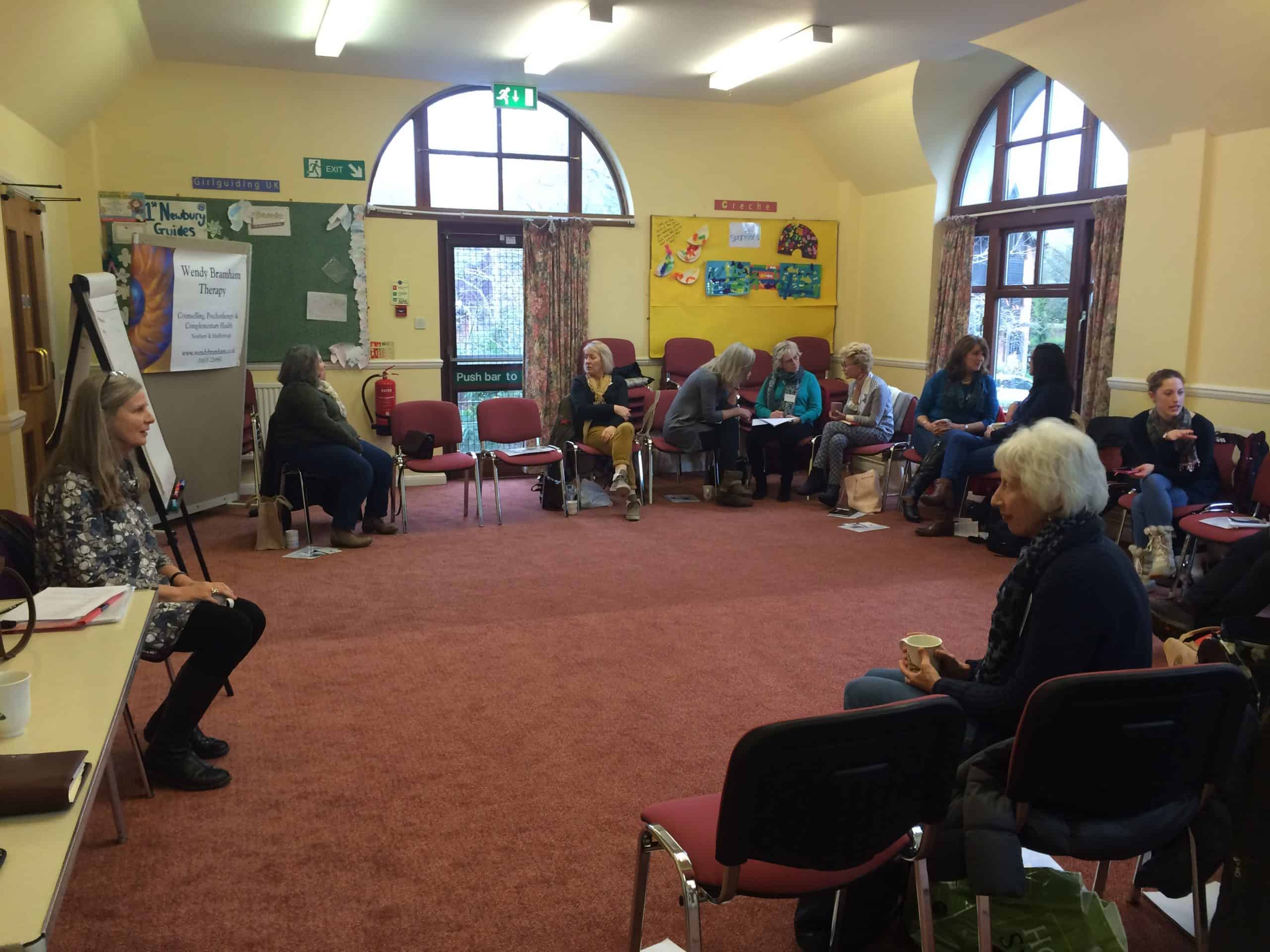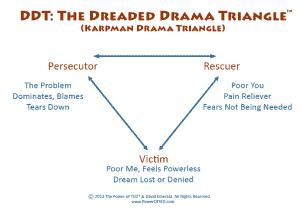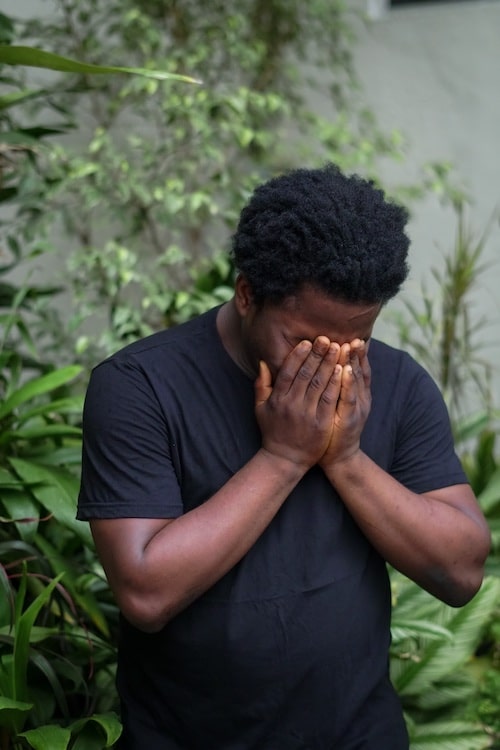We enjoyed an interesting and thought provoking in-person seminar with our host, Briony Martin. The…

Understanding and Working with Addiction, with Ronnie Aaronson (Nov. 2015)

Supporting clients with addiction is complex and Ronnie believes that it is important for therapists to always work with the client’s needs, whilst at the same time being aware of the therapist’s own needs for rescuing and “fixing” which can often be unhelpful. Ronnie uses the “Drama Triangle” (Karpman: Persecutor, Rescuer, Victim) to help explain the behaviour involved in addictive client relationships. An understanding of Dependent Personality Disorder is helpful to asses for likelihood of addictive tendencies.
An important part of the therapeutic work with clients involves helping the client to manage their feelings of shame, which are often feelings associated with addiction issues.
Role playing and discussing scenarios helped the seminar group to understand in more depth how to think about working with addiction clients.
Participants rated this seminar in terms of overall assessment, on average, 4.03 out of 5. Average ratings for the speaker were 4.11 out of 5.
By: Jo Turner
Edited by: Wendy Bramham
19 November 2015
Feedback from participants:
- “All perfect”
- “excellent organisation”
- “great venue, very central”
- “speaker very knowledgeable on the topic”
- “gave a good insight into the complexity of treating addiction and the pitfalls of dismantling defences too quickly”.
Suggested reading:
- AARONSON R. (2013) Addiction – this being human Bloomington: Authorhouse
- BERNE E (1970) The Games People Play. London: Penguin Books
- GERHARDT S. (2004) Why Love Matters –How affection shapes a baby’s brain. London: Routledge
- KAUFMANN (1985) Shame: the power of caring. Cambridge, Mass: Schenkman Books.
MILLER W.R. &
S. ROLLNICK (1991) Motivational Interviewing. NY: Guildford Press - NATHANSON D.L. (1992) Shame and Pride. Affect, Sex and the Birth of the Self. New York: W.W. Norton & Co. Ltd
- SCHORE A. (1994) Affect regulation and the origin of the self: the neurobiology of emotional development. Hillsdale: Erlbaum.
- TURP M. (2003) Hidden self-harm. Narratives from Psychotherapy. London: Jessica Kingsley Publishers Ltd.
WINNICOTT D.W. (1960) ‘The Theory of the Parent-Infant Relationship.’ In The Maturational Processes and the Facilitating Environment. London: Hogarth, 1965.
See also our short blog on drinking and who in our team works with addiction





This Post Has 0 Comments